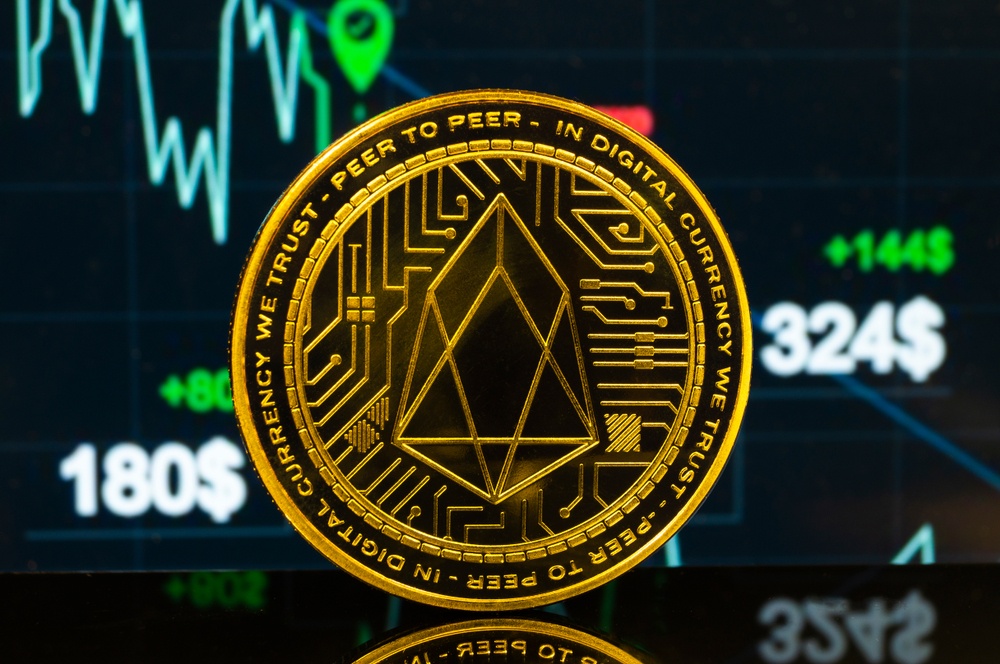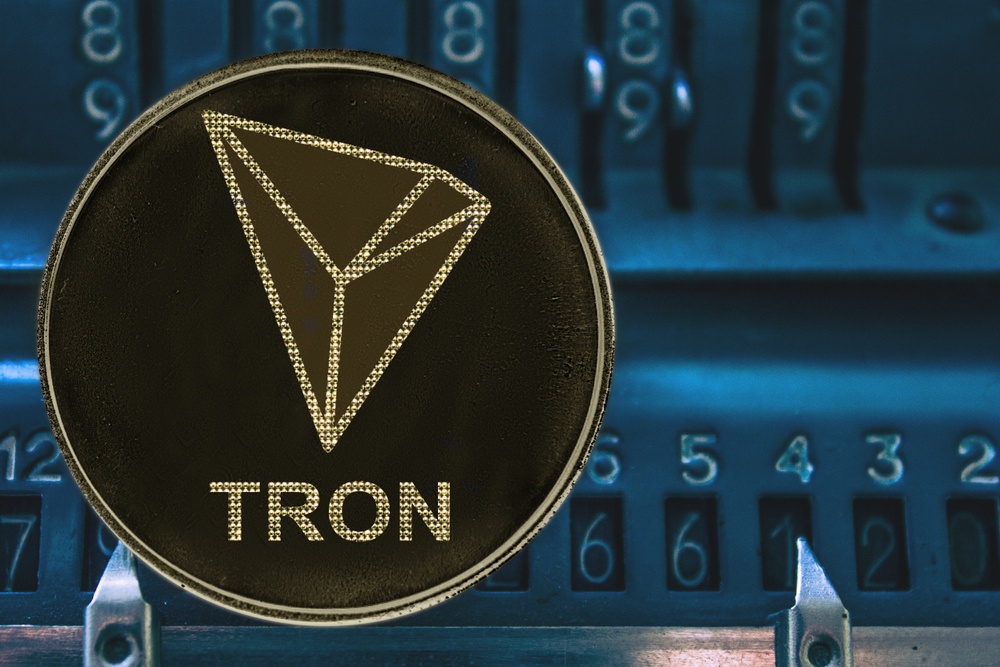The Battle to Become the Leading Decentralized Platform

When the idea for Ethereum was proposed in 2014, it put forward an idea that was vastly different than any of the blockchain projects which had been put forward before. The Ethereum network would create not only decentralized programmable money but a platform that made it easy for developers to build decentralized applications and smart contracts on top of.
Fast forward four years later and ether, the cryptocurrency of the Ethereum network, rose to become the largest altcoin by market cap. The decentralized world computer vision of the Ethereum network successfully captured the imaginations of a large community of developers.
Several decentralized platforms and associated cryptocurrencies have since launched to rival Ethereum. In this post, we break down the biggest decentralized computing platforms and assess the ongoing battle between them to become the leading smart contract platform.
Ethereum – The Decentralized World Computer
Ethereum is the leading decentralized computing platform by a significant margin but its leadership position is far from secure. Cryptocurrency projects launched prior to Ethereum were very similar to Bitcoin with most launching a network to digitise the transfer of value.

Ethereum did something entirely different it utilized a Turing-complete programming language at the base layer of the protocol. This enabled developers to create smart contracts and applications which would be extremely complex or impossible with Bitcoin’s stack-based language.
Similarly to Bitcoin, Ethereum utilizes proof-of-work as its consensus algorithm and many have referred to the 15 second block times of this algorithm as a severe limitation on the use case of the network. Ethereum plans to eventually transition to using proof-of-stake to tackle scalability issues.
So far, the biggest use case for Ethereum has been initial coin offerings but there have also been a variety of different applications built on top of the network including the notorious CryptoKitties.
EOS – The Four Billion Dollar Software
The largest ever ICO was completed by block.one, the company responsible for launching the EOS network. The ICO was a year-long fundraiser that took place on the Ethereum blockchain whereby investors purchased EOS tokens for ether.

After the ICO was wrapped up, a process took place whereby investors transitioned their EOS tokens on the Ethereum network for EOS which would be native on the launched EOS mainnet. EOS is currently the closest rival to Ethereum.
EOS aimed to address the shortcomings of Ethereum, mainly by being more scalable and having lower fees. However, many believe the way in which is EOS achieves this as having an unacceptable tradeoff with decentralization.
EOS uses a delegated proof-of-stake (DPoS) model to achieve consensus. The particulars of how DPoS works will need to be left for a more advanced article but the key takeaways are that it involves a limited number of block validators which many contend greatly sacrifices decentralization.
EOS does indeed offer greater throughput and lower fees that the Ethereum network. But the debate of Ethereum versus EOS hinges on at what cost does EOS achieve this greater throughput and lower fees.
Tron – More Marketing than Material?
Tron shares a lot of similarities with EOS:
● Development of the network was funded through an ICO which took place on the Ethereum blockchain
● Greater throughput to the Ethereum network
● Utilizes DPoS as a consensus mechanism
● Ranked among the top cryptocurrencies by market cap

Similarly to EOS, many consider the tradeoffs that Tron makes to achieve greater levels of throughput as unattractive for what is meant to be a secure and decentralized network.
One salient feature of Tron is the marketing that takes place to promote the network. Justin Sun, the founder of Tron, is extremely active in promoting the network.
The marketing for Tron has been successful in raising awareness of the protocol but many also view it as bordering on being spam. Some of the marketing has consisted of forming partnerships, launching competitions, and constant social media announcements.
Polkadot – The Up and Coming Competitor
Polkadot is an upcoming network that is scheduled to be released later in 2019. The project was founded by a co-founder of Ethereum, Gavin Wood, who departed the Ethereum foundation in 2016.
Polkadot proposes a structure vastly different than that of Ethereum. The Polkadot network proposes a relay chain that other chains can be built on top of enabling an interoperable environment whereby different chains built on top of one another can communicate with one another through the relay chain.

The dot token, the cryptocurrency which will be native to the Polkadot network, will be required to build on top of the Relay chain. There is a lot of excitement built up regarding the launch of Polkadot and how it will compete with Ethereum.
Bridges can also be formed with other networks such as Ethereum to connect other blockchains. Many see a race ongoing between how fast Polkadot can launch and how fast Ethereum can upgrade its network to implement upgrades such as PoS which will make it more scalable.
Breaking Down the Battle
Everything comes with a tradeoff. Ethereum made a tradeoff with security by adopting a Turing-complete programming language.
Many of the rivals of Ethereum have made a tradeoff with their security and/or level of decentralization to improve scalability. Ethereum currently stands as the dominant decentralized platform that developers choose to build upon.
The natural winner-take-all effect of markets will likely take place when it comes to decentralized smart contract platforms and it seems unlikely that Ethereum, EOS, and Tron can all coexist in the long run. Time will tell how a vastly different project such as Polkadot will fit into the smart contract platform space.
